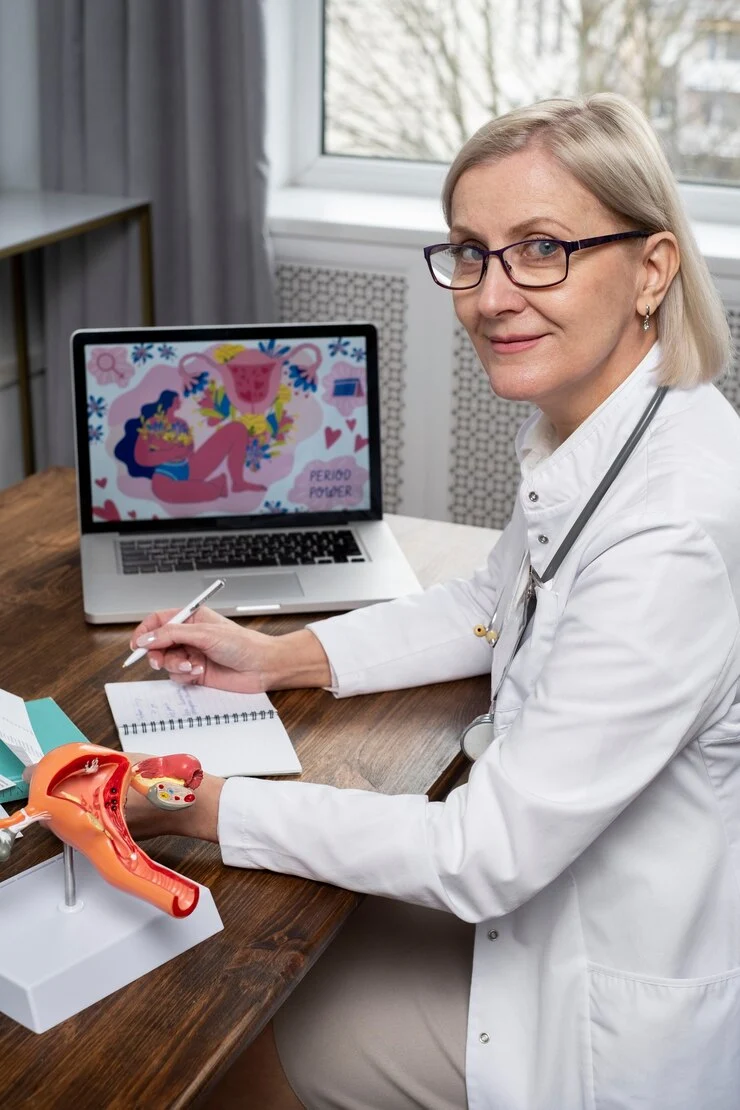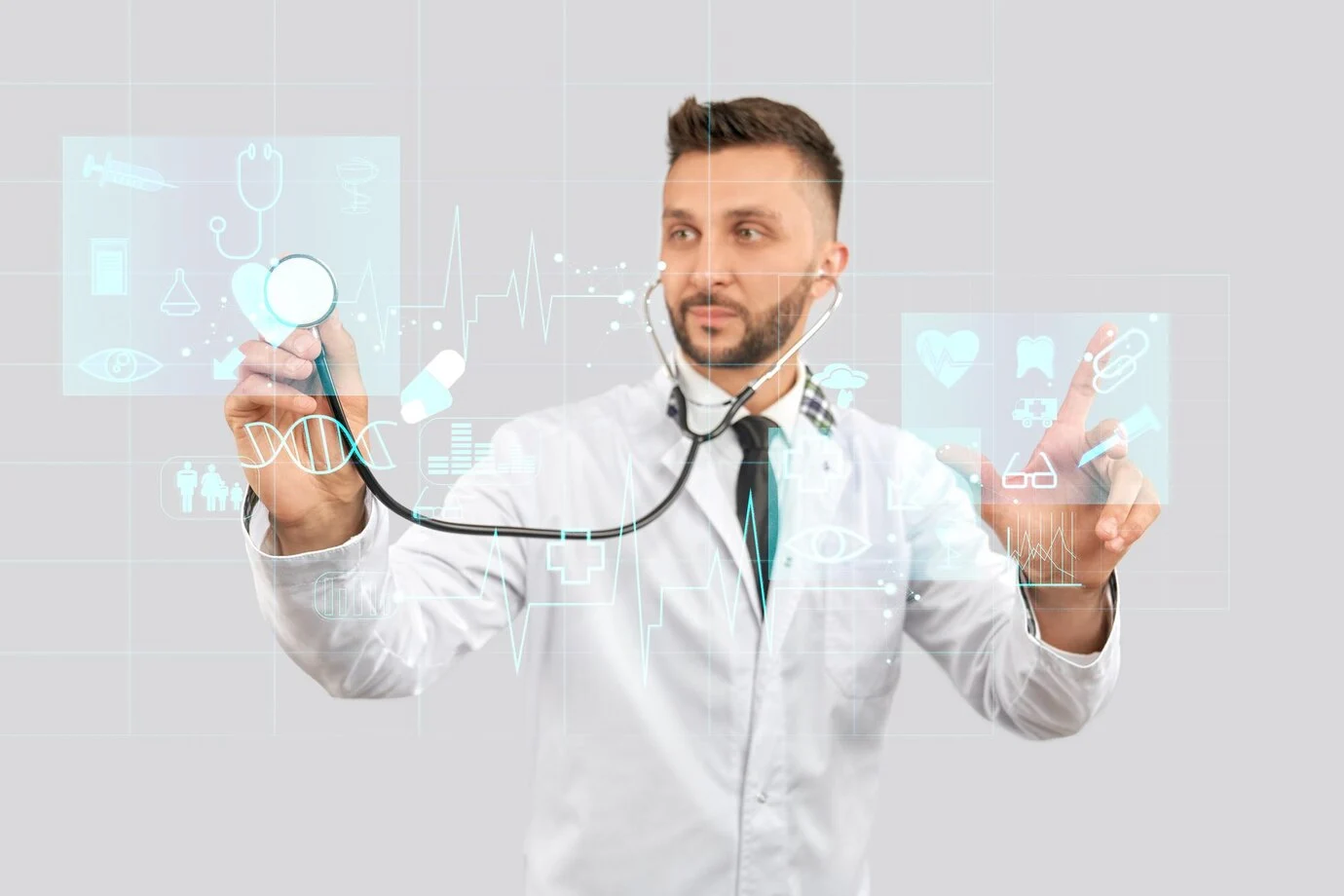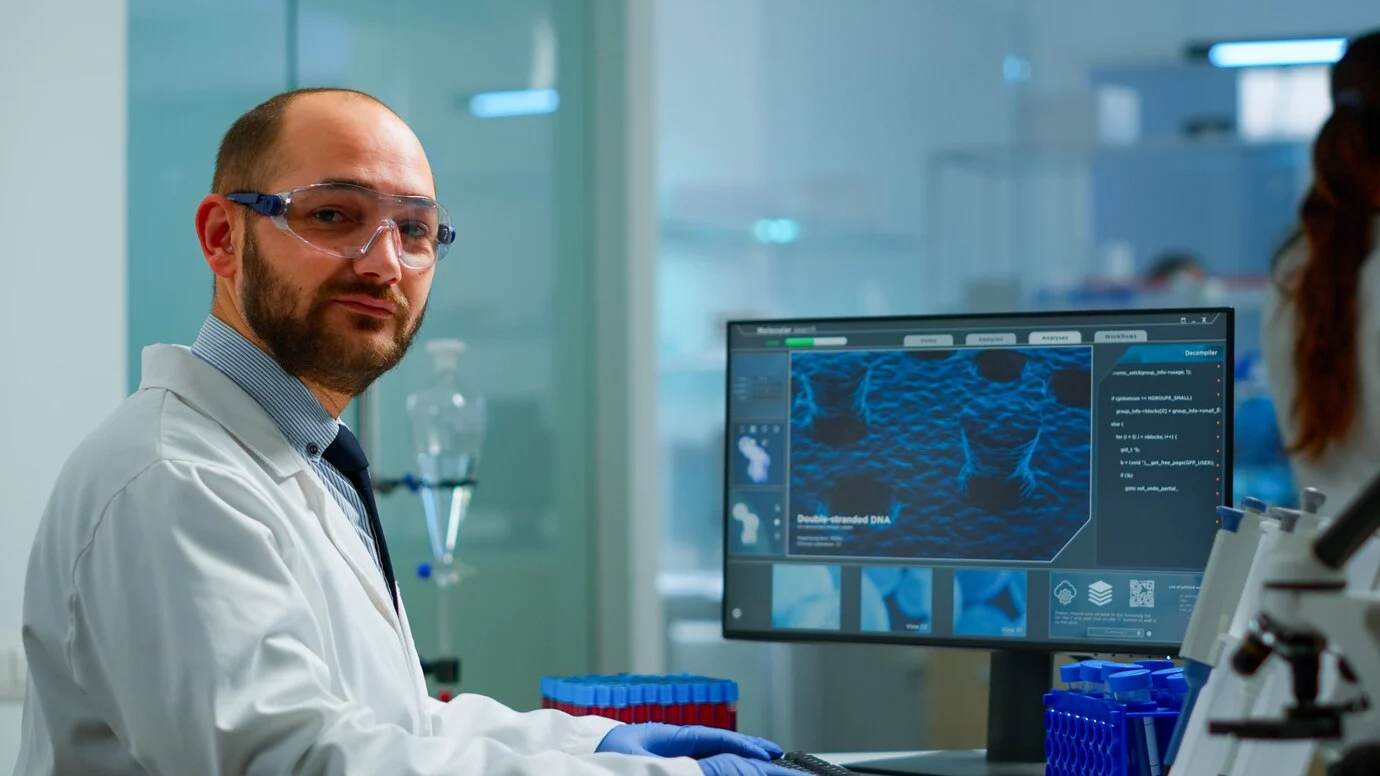
In today’s fast-paced healthcare environment, data is king. Managing this data effectively can mean the difference between life and death, improved patient outcomes, and operational efficiency.
Enter healthcare analytics software – the unsung hero that transforms raw data into actionable insights. But what exactly is healthcare analytics software, and why is it so crucial?
What is Healthcare Analytics Software?
Healthcare analytics software is a suite of tools and applications designed to collect, process, and analyze healthcare data. This software helps healthcare providers make informed decisions by offering insights derived from patient data, clinical records, and administrative information.
Historically, the healthcare sector has been slow to adopt advanced analytics. However, with the advent of electronic health records (EHRs) and the increasing need for data-driven decision-making, healthcare analytics software has become indispensable.
Top 10 Healthcare Analytics Software
Choosing the right healthcare analytics software can be overwhelming. Here’s a rundown of the top 10 options in the market:
- IBM Watson Health
- Known for its advanced AI capabilities and vast healthcare data integration.
- Cerner
- Offers robust population health management and predictive analytics.
- SAS Health
- Provides comprehensive data visualization and predictive modeling.
- Epic Systems
- Highly integrated with EHRs, focusing on clinical data analysis.
- Tableau
- Renowned for its user-friendly data visualization tools.
- Health Catalyst
- Specializes in transforming clinical data into actionable insights.
- Inovalon
- Focuses on data-driven healthcare quality improvement.
- Allscripts
- Offers a broad range of analytics solutions for population health.
- Qlik
- Known for its interactive dashboard and real-time data analysis.
- Optum
- Comprehensive analytics platform focusing on health economics and outcomes.
Compare Healthcare Analytics Software
When comparing healthcare analytics software, consider the following criteria:
- Data Integration: How well does the software integrate with existing systems?
- Ease of Use: Is the interface user-friendly?
- Analytical Capabilities: What types of analysis can it perform?
- Cost: Is it within your budget?
Comparing these factors can help you choose the software that best fits your organization’s needs.
Common Features of Healthcare Analytics Software

Healthcare analytics software comes with a variety of features. Here are some common ones:
Data Integration
The ability to integrate data from multiple sources, including EHRs, labs, and financial systems, is crucial. This ensures that all relevant data is available for analysis.
Real-Time Analysis
Real-time analytics allow healthcare providers to make immediate decisions based on the latest data, improving patient care and operational efficiency.
Predictive Analytics
Predictive analytics uses historical data to forecast future events, such as patient admissions or potential outbreaks, allowing for proactive measures.
User-Friendly Dashboards
Dashboards provide a visual representation of data, making it easier for users to understand and act on insights without needing a deep technical background.
Benefits of Healthcare Analytics Software
Improved Patient Outcomes
By analyzing patient data, healthcare providers can identify trends and patterns that lead to better treatment plans and improved patient outcomes.
Cost Efficiency
Healthcare analytics software helps identify areas where costs can be reduced without compromising on the quality of care. This includes optimizing resource allocation and reducing unnecessary procedures.
Enhanced Decision Making
With access to comprehensive data and predictive models, healthcare providers can make more informed decisions, leading to better patient care and operational efficiency.
Who Uses Healthcare Analytics Software?

Healthcare analytics software is utilized by a variety of stakeholders in the healthcare sector:
Hospitals and Clinics
These institutions use analytics to improve patient care, optimize operations, and reduce costs.
Insurance Companies
Insurance firms use analytics to assess risk, set premiums, and detect fraudulent claims.
Research Institutions
Research organizations use analytics to conduct clinical trials, study disease patterns, and develop new treatments.
Alternatives to Healthcare Analytics Software
While healthcare analytics software offers numerous benefits, some alternatives can also be considered:
Traditional Data Management Tools
Tools like spreadsheets and basic databases can manage data but lack the advanced analytics capabilities of specialized software.
Emerging Technologies
Technologies such as blockchain and AI are being explored for their potential in healthcare data management and analysis.
Software Related to Healthcare Analytics Software
Electronic Health Records (EHR)
EHR systems store patient data and are often integrated with analytics software to provide a comprehensive view of patient health.
Clinical Decision Support Systems (CDSS)
CDSS assist healthcare providers in making informed clinical decisions by analyzing patient data and providing evidence-based recommendations.
Challenges with Healthcare Analytics Software

Despite its benefits, healthcare analytics software comes with challenges:
Data Privacy Concerns
Ensuring the privacy and security of patient data is paramount. Healthcare providers must comply with regulations such as HIPAA.
Implementation Costs
The initial investment in healthcare analytics software can be high, including costs for software, hardware, and training.
Data Quality Issues
The accuracy of analytics depends on the quality of the input data. Incomplete or inaccurate data can lead to misleading insights.
How to Buy Healthcare Analytics Software
Identifying Needs
Assess your organization’s specific needs and objectives. What problems are you trying to solve with analytics?
Vendor Evaluation
Evaluate different vendors based on criteria such as features, cost, and support services.
Budget Considerations
Ensure the software fits within your budget while meeting your needs. Consider total cost of ownership, including implementation and maintenance costs.
Requirements Gathering (RFI/RFP) for Healthcare Analytics Software
Key Elements to Include
When preparing an RFI (Request for Information) or RFP (Request for Proposal), include your organization’s specific requirements, data security needs, and integration capabilities.
Process Overview
Start with a clear definition of your needs, gather requirements from all stakeholders, and draft the RFI/RFP documents. Evaluate responses based on predefined criteria.
Selection of Healthcare Analytics Software
Decision-Making Process
Involve all relevant stakeholders in the decision-making process to ensure the selected software meets everyone’s needs.
Final Selection Criteria
Choose the software that best balances features, cost, and vendor support.
People Also Ask
What type of data analytics is used in healthcare?
Healthcare uses various types of data analytics, including descriptive, predictive, and prescriptive analytics. These help in understanding past trends, predicting future outcomes, and recommending actions, respectively.
What are the big data analytics tools for healthcare?
Some popular big data analytics tools for healthcare include Apache Hadoop, Spark, and Google BigQuery. These tools help manage and analyze vast amounts of healthcare data.
What is the health data intelligence platform?
A health data intelligence platform integrates various data sources, providing a comprehensive view of patient health. It leverages analytics to improve decision-making and patient outcomes.
What is a data analytics platform?
A data analytics platform is a suite of tools that enables the collection, processing, and analysis of data. It often includes features for data integration, visualization, and advanced analytics.
How does healthcare analytics software improve patient care?
Healthcare analytics software improves patient care by providing insights into patient data, enabling personalized treatment plans, predicting potential health







